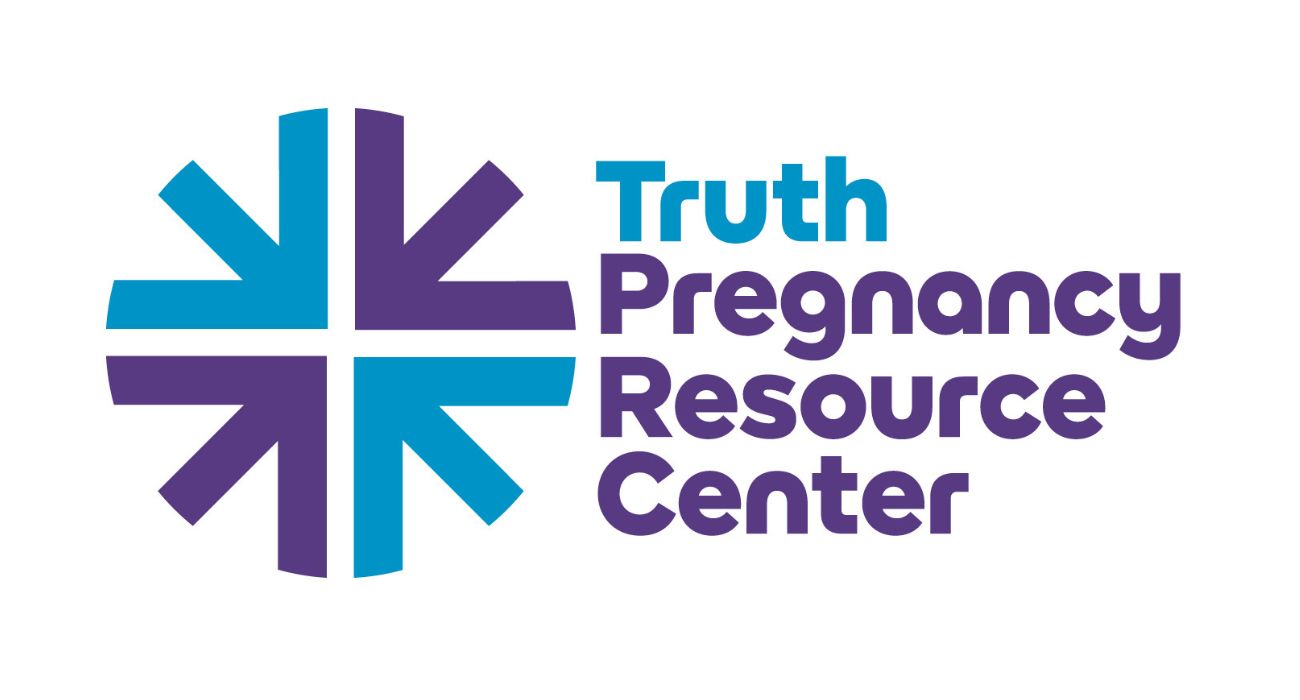As people become increasingly aware of the importance of mental health, the once-taboo topic is becoming more openly discussed in the United States.
More individuals are sharing their struggles with mental health, particularly the effects of stress, and are making 2024 a year for investing in self-care and raising awareness.
According to a recent study conducted by consumer strategist Lisa Miller of Lisa Miller & Associates, LLC, 33% of Americans made it their New Year’s resolution in 2024 to focus on finding more joy in their life, followed by 25% of respondents who resolved to be more present and less distracted in their daily lives, as reported by CBS News Texas. This trend indicates a growing awareness of the importance of mental health and a willingness to take proactive steps to maintain a healthy outlook.
The Harris Poll conducted a nationwide survey on behalf of the American Psychological Association (APA) to study the stress levels of adults in the United States. The report revealed that in 2023, young adults aged 18 to 34 reported the highest rate of mental illnesses, with 50% reporting that they were struggling with mental health issues. Adults aged 35 to 44 said that money and the economy were their top stress factors, at 77% and 74%, respectively.
The APA report also highlighted that the average stress level among adults in the United States is rated at 5 out of 10, with 43% stating that their stress keeps mounting. These findings suggest that stress is a pervasive issue that affects a significant portion of the American population and requires continued attention and support.
Arthur C. Evans Jr., APA’s chief executive officer, said in a press release about the study, “Stress affects all systems of the body, so it is crucial that Americans know the serious impacts of stress and what they can do to reduce the effect of stressors in their life, as well as receive help from their health care providers, workplace and support systems to prevent further health crises.”
Not surprisingly, as previously reported by The Dallas Express, a 2023 Atticus survey further showed that mental health issues purportedly top the chart for the most common type of workplace injury, with 52% of reported injuries sustained while on the job being related to issues such as stress and anxiety.
The APA study confirmed that stress can cause physical problems such as digestive issues, heart disease, and weight gain, adding to the growing obesity epidemic across the United States. It is also possible to be affected by the hidden impacts of stress even when appearing to be fine on the outside, including the long-lasting effects of stress on the body following a traumatic event.
However, researchers said not all stress is bad, as it is an opportunity for posttraumatic growth, empowering survivors to develop coping strategies.
“Posttraumatic growth is what our great religions and philosophies and cultural practices and wise grandmothers have taught us about: You can’t run through sorrow, you’ve gotta walk through it,” said Kathryn Grant, a psychology professor at DePaul College of Science and Health, per the APA. “It’s those big things where we are taken down emotionally — and we do come out the other side and we grow.”
Various techniques to manage stress have proven effective, such as ensuring an adequate amount of sleep, dedicating a specific time of 10-30 minutes to worry and then moving on, engaging in cleaning activities, practicing breathing exercises, embracing gratitude, maintaining a positive outlook towards aging, participating in artistic activities, connecting with nature, and taking technology breaks, as reported by The New York Times.
Other suggestions for reducing stress in 2024 include being active, taking control of what is within your control, connecting with a sound support system, carving out some quality alone time, challenging yourself with new goals, avoiding unhealthy habits, and helping others, per NHS.






